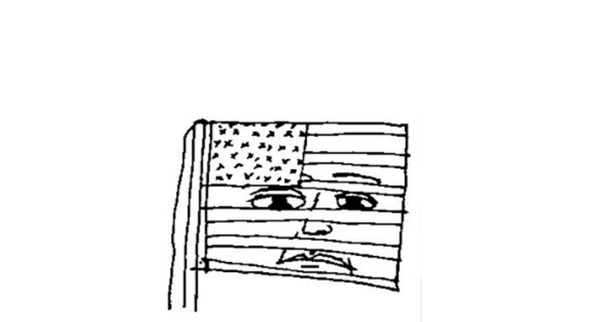A reckoning is supposedly underway in the Democratic Party in the wake of Kamala Harris’s defeat. Many observers anticipate a new “blueprint” to regain the public’s trust to emerge as soon as elected officials, center-left media, elite donors, key interest groups, and grassroots activists finish trading barbs over who and what is to blame for the party’s losses this November.
But a genuine insurgency to overhaul the party’s strategy, rhetoric, and priorities has yet to take shape. It isn’t enough for Democratic pundits to acknowledge the country’s deepening populist mood. Adapting to the changed political environment will require reckoning with the fact that labor-centric Rooseveltian liberalism has morphed into a progressivism that is often dogmatic and sectarian but also glib and fixated on celebrity.
There are two main reasons why the status quo may largely prevail at least through the next midterms. First, the structure of the Democratic Party has changed dramatically since the early 1990s, when leaders from every major region had a hand in setting the agenda. Before NAFTA, Midwestern populists and liberal-leaning Southern developmentalists held some sway at the state and federal levels. Today, however, the party’s elite—notwithstanding its diversity in terms of gender and ethnic background—tends to be drawn from a handful of affluent urban counties. The same may be said of the party’s left flank and intellectuals, regardless of protestations to the contrary.
Beneath the much-publicized friction between the establishment center and the progressive left, neither of these groups is prepared to break with the status quo. The most influential voices on the left are stubbornly wedded to identity politics, while cultural moderates in Congress are roughly divided between soft globalists in safe seats and economic populists in vulnerable ones. Aside, perhaps, from curbing the most extreme instances of “woke” thinking, the party’s centers of power are unlikely to turn against the ideas and attitudes that prevail in institutions that make up the power base of the Democratic Party.
